Consenting for surgery
Even after it has been decided to recommend surgery to you, there are still uncertainties about both the timing and the extent of surgery. These things may not be known until the day of surgery itself. For this reason, it is important that you understand what is being recommended to you, together with the associated likely benefits, risks and harms. All possibilities of the extent of the operation procedures will be explained along with possible side effects and the complications that may occur. We ask you to bring all of your medications or a list of any prescription, over the counter or alternative treatments you may be currently taking. For your safety and management post-surgery this list needs to include any illicit drugs.
Well before the surgery, a senior doctor will talk to you and seek your ‘free and informed consent’. Once again, this will give you an opportunity to seek any further information you desire. It is important that your consent is based on adequate information, is given freely and that you do not feel coerced or intimidated.
Please do not hesitate to ask any questions if you are unsure about what is being explained. We will organise an interpreter if required for this process rather than ask a family member to interpret.

Practical matters
Surgery Preparation Resource
“Fit for Surgery” (surgical preparation video)
Peritonectomy work-up
Prior to going ahead with a peritonectomy, you will undergo assessments to determine your suitability for surgery. The work-up includes consultations with a surgeon and medical oncologist, anaesthetist and nurse consultant from the peritonectomy team. You may be required to have up-to-date scans performed: these may include PET scan, CT scans and special imaging of your liver (either a MRI with Primovist® contrast or simultaneous CT scan and angiogram) (refer to page 25 for explanation of radiology scans). Radiology studies may not be reliable in assessing the PCI/tumour burden so occasionally a laparoscopy will be organised to formally calculate your PCI or to collect a tissue sample for diagnostic purposes.
You will have blood tests to determine your general health and nutrition, e.g. liver, and kidney function, current cancer tumour makers, blood type and presence of antibodies as well as checking, so as to implement a plan, for any undiagnosed blood bourne viruses e.g. hepatitis and HIV. We closely screen for any signs of anaemia e.g. low haemoglobin or iron which may need to be corrected along with poor nutrition prior to the operation so as to improve your recovery post-surgery. We will discuss with you during your appointments. Swabs for anti-biotic resistant bacteria will also be taken. We may also review any biopsy or pathology specimens in our laboratory that have been taken during past surgery or investigations.
You will also have appointments with a dietitian, stomal therapist, social worker and physiotherapist. We often seek the expertise of our palliative care nurse consultant as needed to help manage symptoms such as pain. If you have other medical problems you may need to see a relevant medical specialist e.g. respiratory physician or cardiologist. Once these assessments are complete, we will discuss your results in a multidisciplinary team meeting. We will then talk to you and your family about the kind of treatment we recommend for you.
How much notice will I be given prior to surgery
Once the decision is made to go ahead with surgery, then we will give your treatment a listing priority (either 1 month or 3 month).
You will be informed of the actual date of surgery within 1-2 weeks of scheduled day. You may be contacted earlier than this date if your condition is urgent, or occasionally, should an operating theatre time become available due to a cancellation or short waiting list.
Listing for surgery and operation date
Priority for a surgery date is decided on a case-by-case basis. The type of cancer, volume of disease and patient symptoms are all considered when we plan a surgery date. While we make every effort to let you know exactly what is happening and when, there can be uncertainties about the timing of your operation.
The operating theatre is available to us for the purpose of these peritonectomy operations on average three days to 4 days per week. We have at times a long waiting list and it is occasionally difficult to coordinate the operating theatre time with a bed in the Intensive Care Unit (ICU). Your operation may be postponed due to another critically ill person needing urgent / emergency operating time or ICU bed. For this reason, we must advise you that unpredictable delays in your surgery are a possibility and ask for your understanding and cooperation with regards to this matter.
Occasionally if a patient arrives for a consult and they have already commenced chemotherapy we may interrupt this treatment to coordinate a surgery date and recommenced chemo after the surgery.
Instructions prior to surgery
When a date is being allocated please advise if you are on aspirin, warfarin or any other blood thinning medication. Telephone the Peritonectomy Nurse Consultant, after 3 pm on Friday before surgery (via the hospital switchboard on (02) 9113 1111 pager 279), to ensure your surgery is running to schedule. If you are suffering from any new illnesses since your assessment you will need to inform the team.
In preparation for your operation, you will need to attend the Ambulatory Care Unit (ACU) as an outpatient for a few hours on the day prior to surgery. ACU is located on level 2 East in the main tower building (access is via lifts at the main hospital entrance, follow signs on level 2). Admission will be on day of surgery. Note we also utilise ACU for follow up appointments post discharge
Day before surgery
Fast from 6 am on the morning of surgery, nothing to eat or drink.
No food is permitted on the day before surgery, i.e. no food for breakfast or for the rest of the day. Take clear fluids only e.g. water, juice, black tea/coffee or chicken broth, a list of permitted oral fluids will be provided. At 10am present to the ACU. You will be given forms for blood tests to be directed to the pathology lab downstairs.
Once blood has been taken, return to the ACU where you will be seen by staff including:
- Oncology and Surgical doctors Anaesthetist
- Peritonectomy Nurse Consultant
- Stomal Therapy Nurse Consultant
- Pharmacist – (please bring all of your current medication) Physiotherapist
- Pain Team
This pre-admission ‘work up’ may take a few hours to complete. You are advised to bring something warm to wear and to drink plenty of clear fluids during the day.
Before you leave the ACU, the nursing staff will administer two injections i.e. vitamin K and heparin in preparation for surgery the next day. You will also be given some shower gel to use the evening before and the morning of surgery and an instruction letter/prescription to purchase a bowel preparation kit with antibiotic tablets from the local chemist. Commence this antibiotic/bowel preparation in the afternoon once you have returned to your home or local accommodation. Continue to drink clear fluids only.
The evening before surgery
On the evening before surgery you will be contacted regarding a specific time to attend the Day Surgery Unit, located at level 2 in the Clinical Services Building. This will be somewhere between 06.15 and 06.45am, you will be given an arrival time by the day surgery staff. The ACU nursing staff will have shown you where to go on the previous evening.
What you need to bring to hospital
To make your stay more comfortable and considering you may have travelled a long distance we suggest you bring the following:
- Medications – bring the packages or a list of drug name, dose and frequency, including any eye drops and inhalers
- Glasses if usually worn, including case for storage
- Dressing gown and slippers
- Toiletries – hairbrush, shampoo, dental hygiene accessories including case for dentures if relevant
- Box of tissues
- Books, magazines
- Your preferred music device, with headphones
- Mobile phone and charger
- Small sum of money for incidentals e.g. television, newspapers etc.
- Health Cards – e.g. Medicare or health insurance
- Sleep apnoea machine, walking stick, hearing aids, stoma bags or any other personal assistance device
- A copy of your Advance Directive, if you possess one
- A thermometer for use after discharge, if you do not live locally
What to leave at home
We recommend you leave jewellery, credit cards and large sums of money at home as the hospital does not take responsibility for their security.

